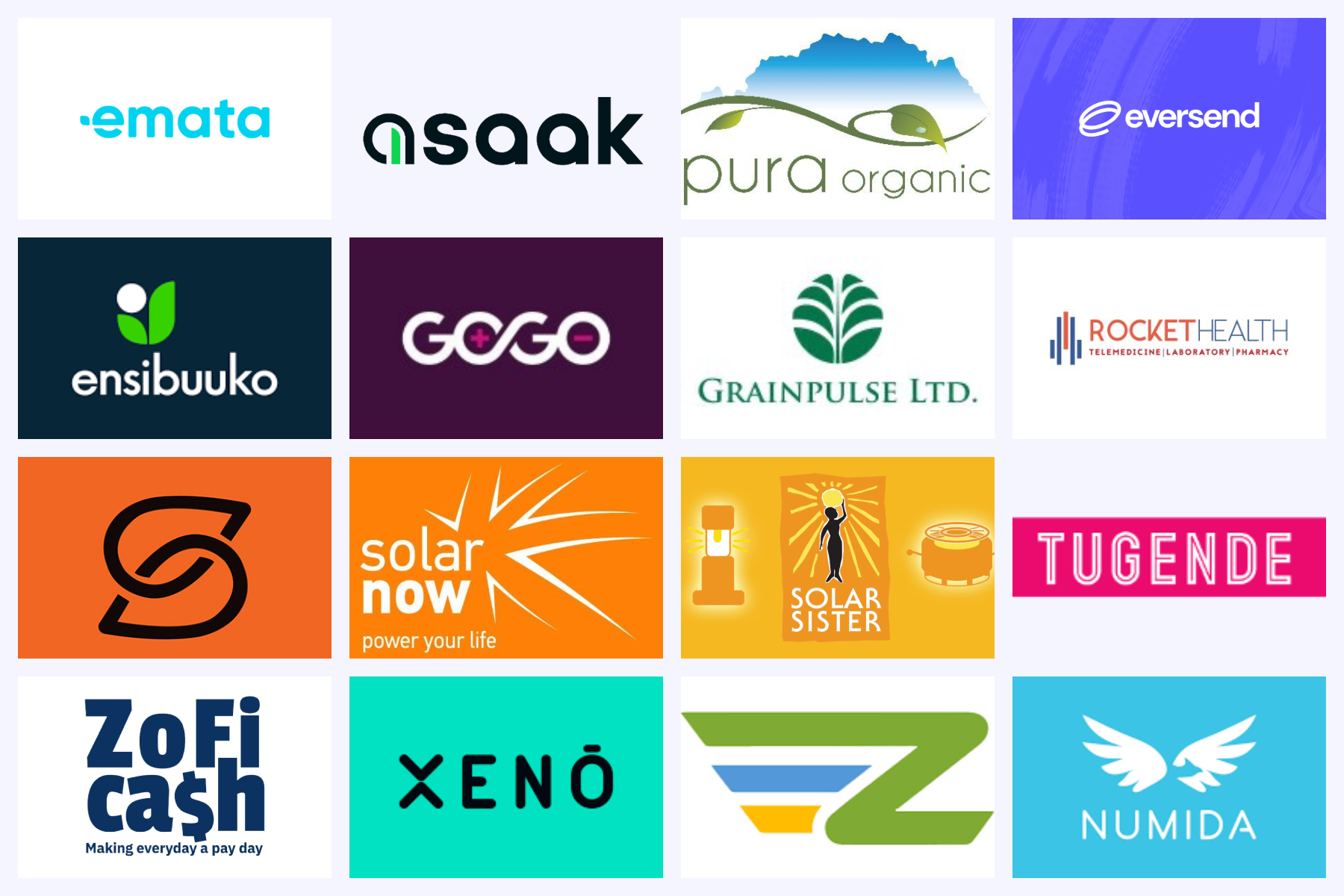The startup ecosystem in Uganda has experienced remarkable growth over the past five years, with an increasing number of entrepreneurs launching innovative ventures across various sectors. As these startups seek…
CEO East Africa Analysis: Uganda’s Most Funded Startups from 2019 to 2024.


